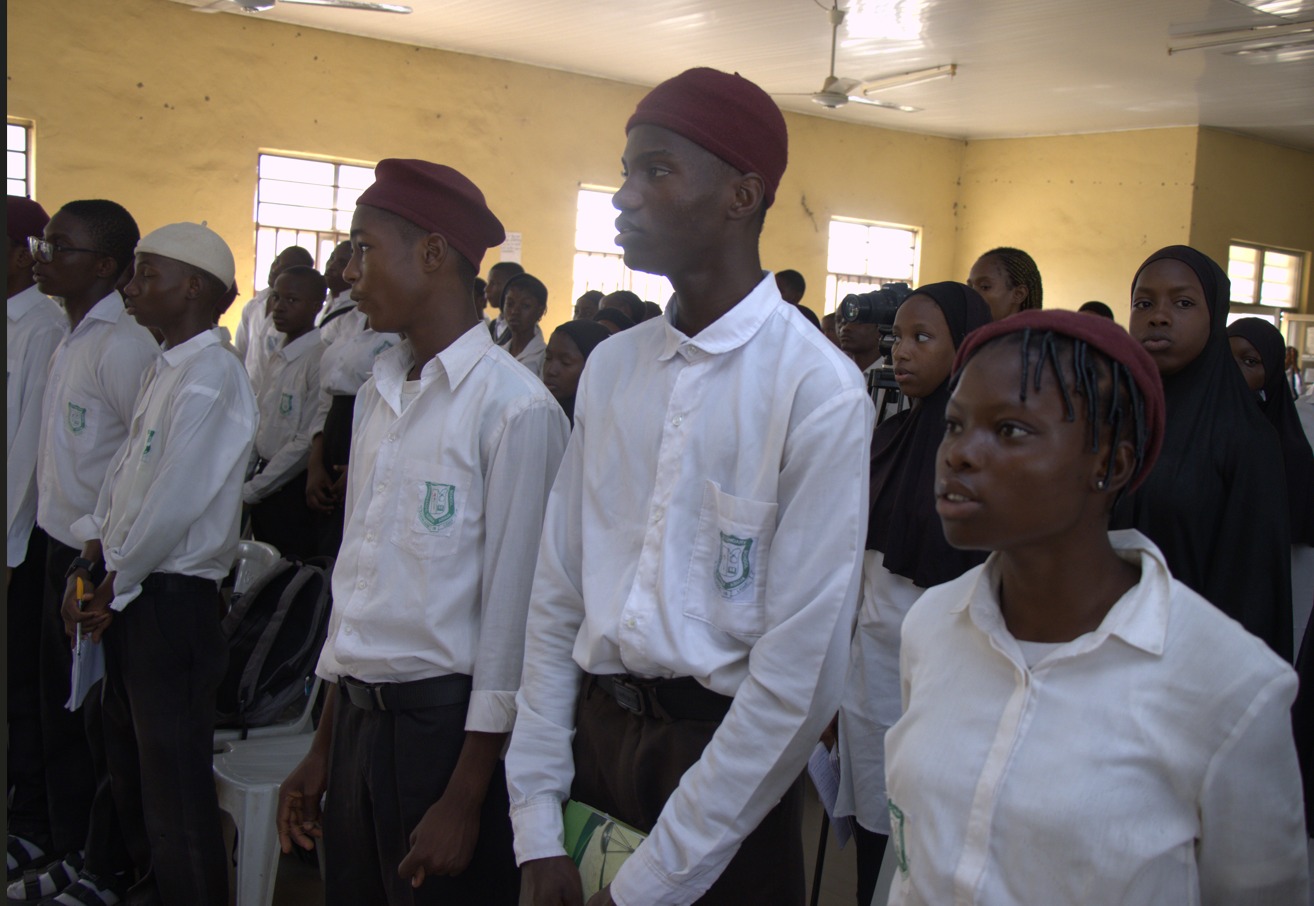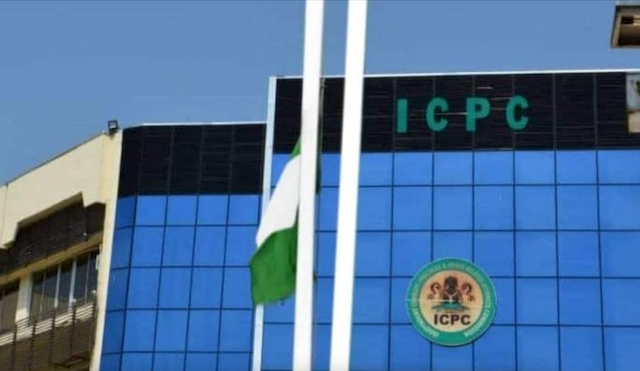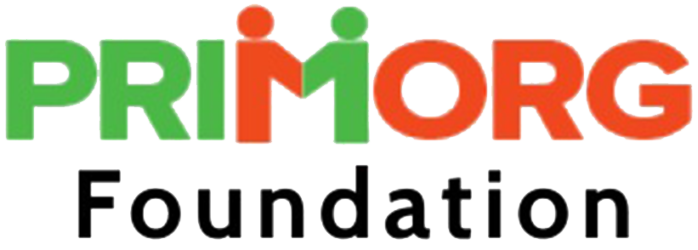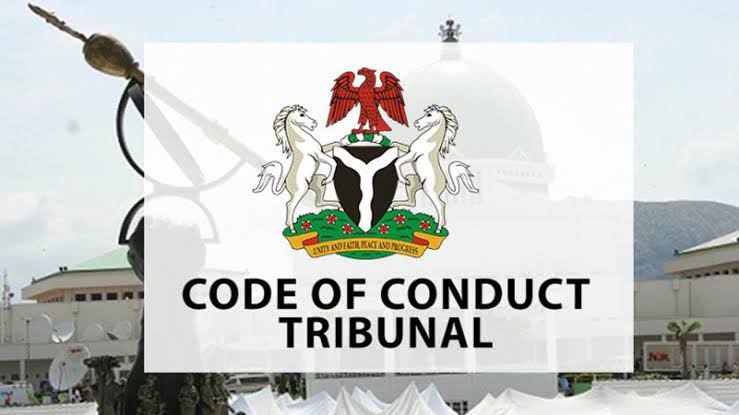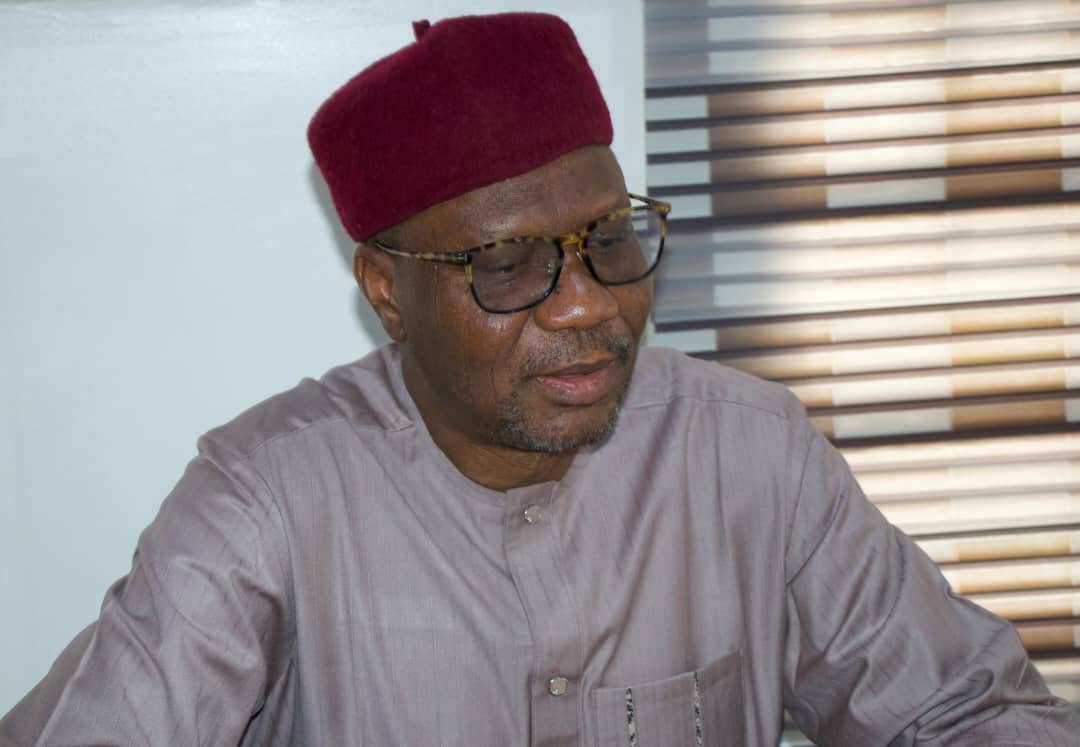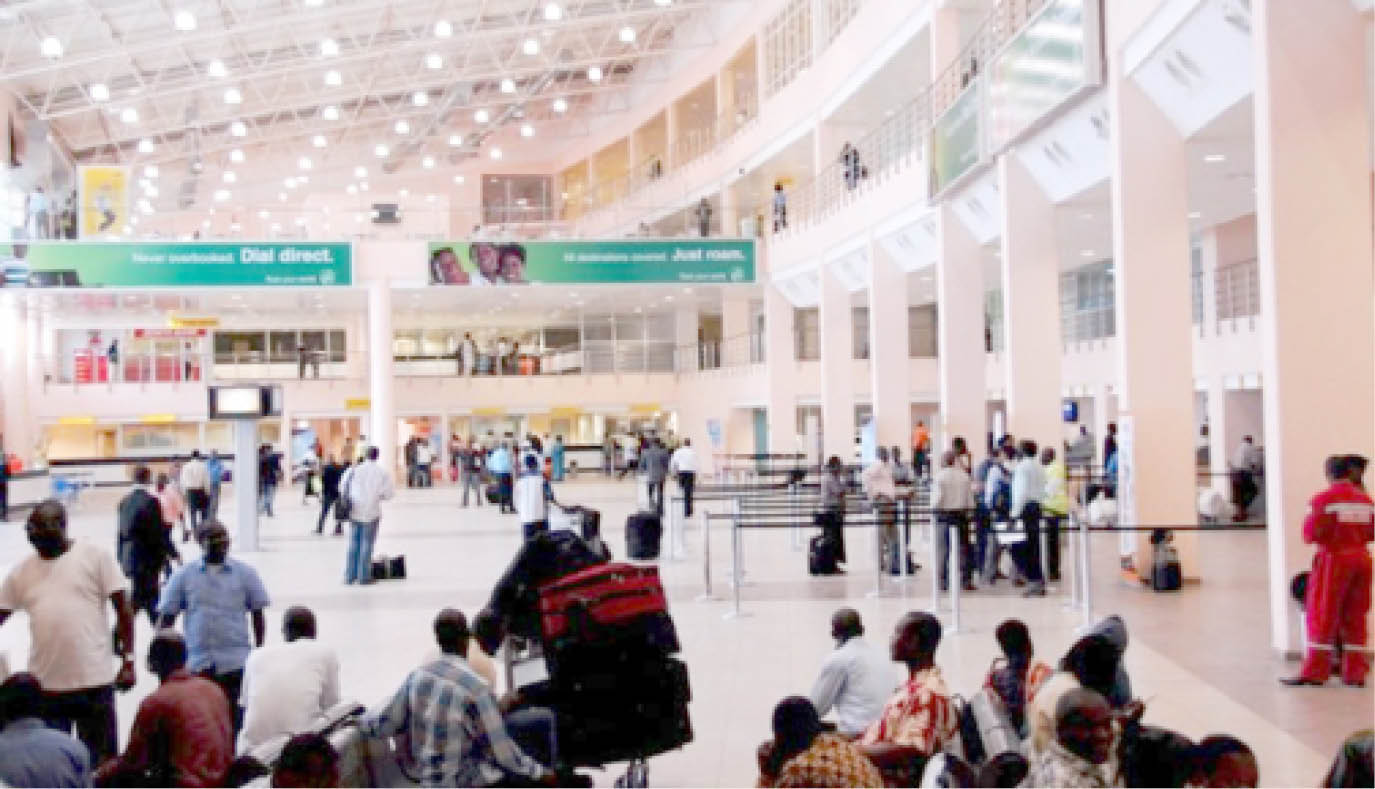The Progressive Impact Organization for Community Development, PRIMORG, and the National Drug Law Enforcement Agency, NDLEA, have cautioned Nigerians, particularly youths, against drug abuse, describing it as a threat to their future.
The warning was handed down to senior students at Government Secondary School, Kubwa, FCT, during a Safe Without Drugs (SWiD) Initiative Campaign organized by PRIMORG on Friday, 7th March 2025.
PRIMORG uses the project to promote drug demand Reduction in partnership with the NDLEA and the FCT Secondary Education Board.
PRIMORG’s Executive Director, Okhiria Agbonsuremi, led the call during the sensitization programme, warning nearly 100 students present not to experiment with or touch drugs, as well as befriend anyone who is using any psychoactive substance.
Agbonsuremi stressed that young people remain the future of Nigeria, but their greatness is under grave threat from drugs, which can truncate their bright future if care is not taken.
“Adolescence is a time for experimentation. This is where the problem often starts. As young people, you like to experiment a lot, but you must stay away from drugs and other harmful substances.
“Don’t touch drugs or make friends with anyone who is into it. Drugs will truncate your future, and know that one of the significant things standing against your bright future is drugs.
“So, students must take the fight against drug abuse seriously because it is a fight for your future,” he said.
Agbonsuremi explained that enlightenment remains key to the fight against drug abuse while disclosing that PRIMORG’s strategy is to get secondary school students early before the drugs get to them.
He, however, urged parents and guardians to pay extra attention to their wards and go the extra mile to ensure that the drug scourge is reduced reasonably.
On his part, NDLEA’s Assistant Superintendent of Narcotics, Ahmed Abdulfatai, elucidated the consequences of abusing drugs or psychoactive substances, cautioning that it is better not to taste drugs at all as a rehabilitation programme for people with an addiction is costly and will make them lose their dignity.
Abdulfatai revealed that smoking is one of the easiest ways people get hooked on drugs, warning the students that drug abuse will truncate and destroy their future.
“There are grave consequences for doing drugs. Some of them are physical, psychological, economic, and social. Drug abuse is when you take medications outside a medical prescription and for pleasure.
So don’t ever start, no matter the attraction. Some will say it will help you read well. It is a lie. He warned that it does not help but gives you a habit that will truncate and destroy your future. “
Towing the same path, the Principal of the school, Dr. Anderson Kolawole, told the students that it is easy to start abusing drugs but difficult to get out, noting that several talented persons and celebrities have had their careers and lives destroyed by drugs.
Kolawole warned that drug abuse makes them dependent and an embarrassment to their loved ones. Adding that reliance on rehabilitation is not an escape route once people are hooked on illicit drugs or psychoactive substances.
“I’ve seen drugs ruin many people – footballers, musicians, and so on. If you are not careful, drug abuse will bring you down.
“For those relying on rehab, let me tell you that it takes a small thing for it to fail, so there is a slim chance of getting out if you get into drugs.
“Once you become drug dependent, you won’t recognize yourself, and your family will be ashamed and fed up with you, so why would you want to put yourself in such a situation?
“Even if it is to wrap ordinary paper and smoking, it is dangerous, so run far away from using psychoactive substances,” he advised.
Kolawole thanked PRIMORG for organizing the life-saving outreach and lauded NDLEA and other resource persons at the anti-drug campaign. He assured that the school will continue in its efforts to ensure students are aware of the dangers of drug abuse.
